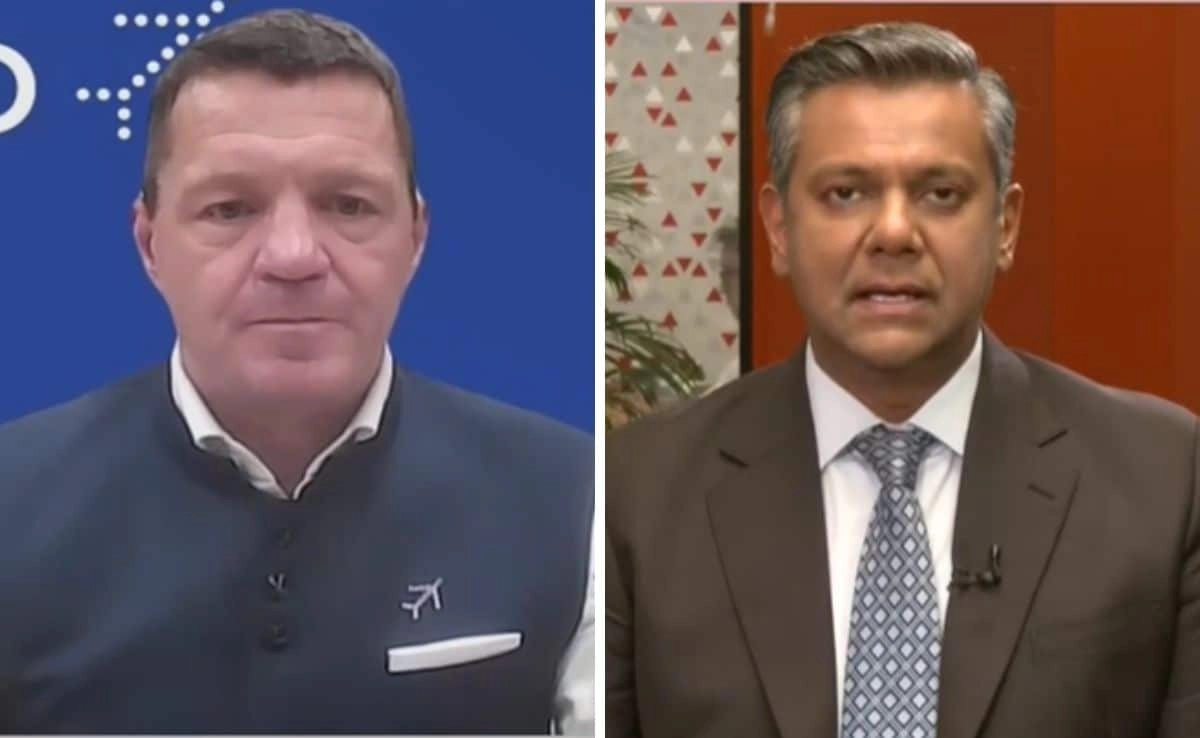The Balochistan story is a complex narrative intertwined with historical events, political dynamics, and cultural struggles. At the heart of this tale lies the perceived betrayal of Baloch rights by Muhammad Ali Jinnah, the founder of Pakistan. Many Baloch people felt abandoned as they sought autonomy and recognition for their distinct identity. This sense of betrayal fueled armed rebellion in the region, as various groups sought to assert their rights and resist central authority.
The impact of the Bangladesh Liberation War in 1971 further complicated the situation in Balochistan. The war highlighted issues of provincial autonomy and ethnic identity, which resonated deeply with the Baloch people. The events in Bangladesh served as a catalyst for Baloch nationalism, as it underscored the fragility of the Pakistani state and the need for marginalized groups to assert their rights. The ongoing struggles in Balochistan continue to reflect the historical grievances rooted in Jinnah’s policies, the quest for self-determination, and the broader implications of regional conflicts.




